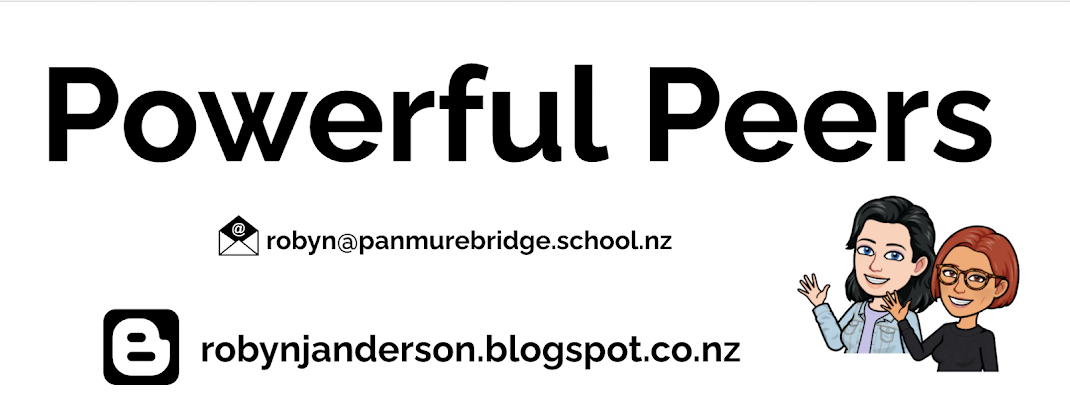This year I wanted to find out if an ‘increased emphasis on reading comprehension instruction would lead to better subject achievement in reading, writing and maths’.
Having spoken to my students and analysed a summary of current and historical data, my hunch was that my target group struggled to read and interpret written questions. This meant many learning situations, and all testing situations were seen as highly stressful and overwhelming experiences.
After the Term 1 assessments my target group shared the fact that for most questions, they simply clicked on any answer. This honesty meant I did not have a true picture of their achievement as I was not actually assessing their ability to interpret, recall and use their knowledge; instead I was in reality, assessing their skills of random selection.
Deeper analysis of student data and my own observations showed none of my target group were able to respond accurately to questions that were asking them to infer. So rather than focusing on reading comprehension as a whole, I narrowed my focus to only the comprehension strategy of inference, as often it is the inferential component in written questions that cause the disconnects.
What happened for the learners:
- Engagement and agency increased through the co-construction of scaffolds and shared ownership of the learning.
- Overall confidence levels increased. Meaning these students are now asking and answering questions, and trying hard to apply new learning when working independently. Something that was not happening at the start of the year. So this is a huge change.
- The increases in student self efficacy has had a positive impact on the amount of work completed and posted on blogs.
The detailed data analysis on my blog shows most of my target group made the expected achievement shifts across the board and in some cases, accelerated shifts. These students are not at the national norms yet but now, unlike the start of the year, none of our Y7/8s are on the colour wheel, below level 2b in writing or below stage 4 in maths.
To make this happen I...
- Actively sought and embraced help from colleagues
- Personalised the language of instruction to make it explicit
- Used think alouds, learner talk and written exemplars to unpack new learning and vocabulary.
- Used the same lesson structure in all curriculum areas to help my learners to see that what we learn in one curriculum area can be transferred to another.
- Identified opportunities to practise using and reinforce connections to inference in all subjects.
- Adapted support programmes with ongoing help from Donna Ryan in literacy and maths, that include an inferential component and align with our Y7/8 content. Running these in-class has meant the students are not missing learning time in one curriculum area whilst trying to fill gaps in another.
- Made my learners and myself accountable for unfinished work.


Awesome analysis Robyn. Thanks as always for your detailed inquiry this year. I have learnt so much from following your posts.
ReplyDelete